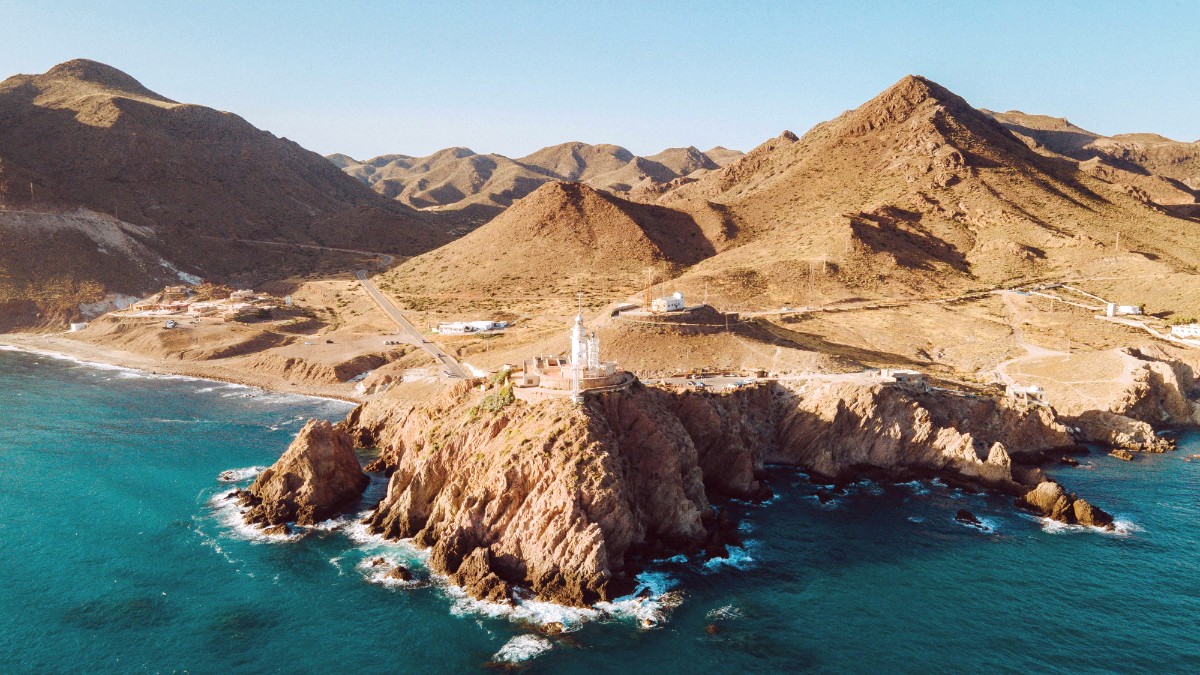
Andalucia, Spain
Spain's main mobile operators include Movistar, Vodafone, Orange, and Yoigo. They offer reliable coverage in Almeria.
Wi-Fi is widely available and often free in hotels, cafes, and public squares.
Spanish (Castilian) is the official language. English speakers might be in tourist areas, but not universally.
Using basic phrases shows respect and appreciation.
Even with limited Spanish, trying basic phrases like 'Hola' and 'Gracias' shows respect and locals value this effort.
Formal greetings use a handshake. Informal greetings involve two kisses (starting with the right cheek).
Almeria's dress code is casual generally, but smart casual for evenings. Shoulders and knees covered for religious sites.
Embrace the free tapa culture. Meal times are later. Tipping is appreciated for good service but not mandatory.
Always ask for permission before photographing individuals, especially children. Be discreet.
Avoid discussing sensitive topics like politics or bullfighting with strangers.
The Spanish approach to time is generally more relaxed. For social engagements, being 5-10 minutes late is often considered 'on time'. Service will not be rushed; enjoy the leisurely pace.
Almeria has made strides in accessibility, though older areas and natural sites present considerations.
Newer buildings and public spaces often have ramps, elevators, and accessible restrooms.
Almeria city buses generally have accessible features.
Specialized services for travelers with visual or hearing impairments might be limited compared to larger cities.
Services at the airport cater to various traveler needs.
Consult local tourist information offices upon arrival for specific brochures or staff assistance. Websites specializing in accessible travel for Spain or Andalusia offer detailed information. For natural parks, check official environmental portals.